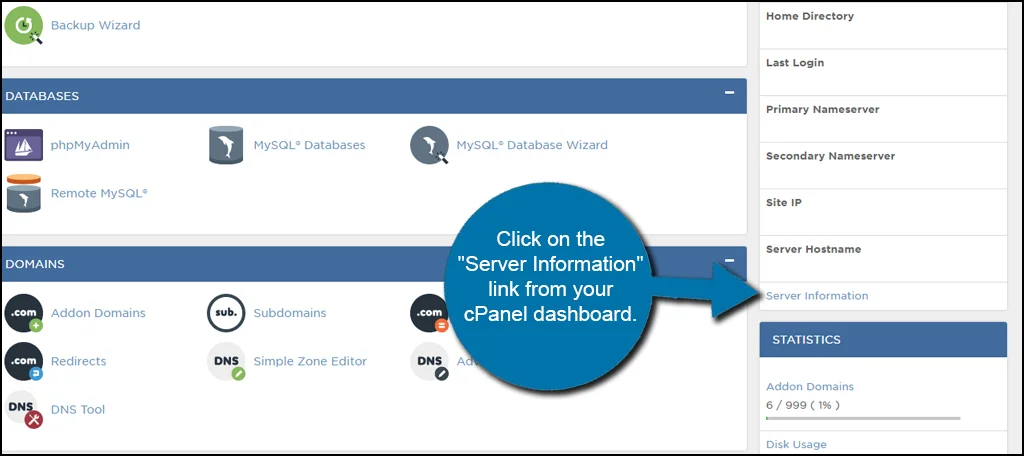As software like Drupal advances, so must the tools that support it. Not all servers are capable of handling every version of the content management system. As a result, you may not be able to use it. Luckily it’s not all that difficult to upgrade supporting software such as PHP or Apache.
Before you begin to build your Drupal website, you need to be certain your server can handle it. Today, I’m going to show you what requirements you’ll need for the most recent versions of the management system.
Why Worry About Drupal Requirements?
The Drupal server requirements have two primary purposes: to protect users from hackable exploits and support for new features and functionality. It’s the drive of most developers to create a stronger and more versatile system with each version update. Without these improvements, the Internet would be a complete mess.
Imagine an apocalyptic digital wasteland.
Using outdated versions of Drupal and the software that supports it can lead to a variety of issues. New malware, hacking exploits, module failures and instability are just some of the more common effects.
Any time there is a new upgrade to Drupal, it’s wise to install the application. This includes any additions such as PHP improvements, Apache updates or MySQL enhancements.
What are the system requirements?
If you don’t have enough power behind your system, Drupal will inform you during the install. If it’s something like requiring a PHP upgrade, that is usually easy to change in cPanel by modifying which version to use.
You can check the software versions currently installed on your web hosting account. To do this, click on the “Server Information” link from your cPanel dashboard.

Here is a quick breakdown of what you need in order to operate Drupal.
Drupal 8 Requirements
- Apache: 2.X and up
Drupal will run on Apache servers running Linux, OS X and Windows. - PHP: 5.5.9
Drupal 8 will not install unless it detects PHP 5.5.9 or higher running on your server. - PHP Memory Limit: 64MB
- MySQL: 5.5.3
Drupal 7 Requirements
- Apache: 1.3
This works for Linux, Windows and OS X platforms. - PHP: 5.2.5
However, it’s recommended to use 5.3 or greater. - PHP Memory Limit: 32MB
- MySQL: 5.0.15
Drupal 6 Requirements
- Apache: 1.3
Linux, Windows and OS X platforms will be able to operate Drupal with Apache 1.3. - PHP: 4.4
PHP 4.4 is no longer supported, and it would be wise to upgrade to avoid security and functionality issues. - PHP Memory Limit: 16MB
However, 8MB may be good enough for thin websites and older versions of Drupal. - MySQL: 4.1
If you need more detailed Drupal requirements, you can also visit the website for more information.
It’s always best to use the latest software versions when building any website. It can prevent many problems such as file corruption and becoming a victim of hacking. Don’t assume that just because a website running older software is safe because it hasn’t been attacked. It’s only a matter of time in the grand scheme of things.
